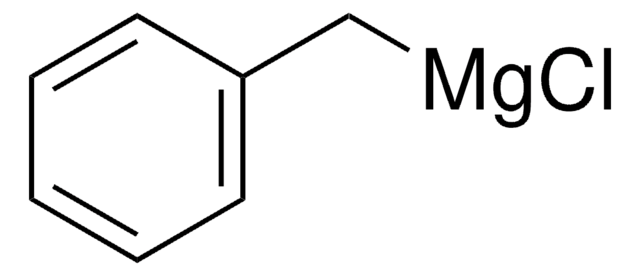576352
Indium tin oxide coated glass slide, rectangular
surface resistivity 70-100 Ω/sq, slide
Sinonimo/i:
ITO, ITO coated slide, rectangular
About This Item
Prodotti consigliati
Livello qualitativo
Resistività di superficie
70-100 Ω/sq
Lungh. × largh. × spess.
75 mm × 25 mm × 1.1 mm
Trasmittanza
>87%
Indice di rifrazione
n20/D 1.517 (lit.)
Stringa SMILE
O=[Sn]=O.O=[In]O[In]=O
InChI
1S/2In.5O.Sn
LNNWKAUHKIHCKO-UHFFFAOYSA-N
Cerchi prodotti simili? Visita Guida al confronto tra prodotti
Categorie correlate
Descrizione generale
Applicazioni
- Eumelanin samples prepared on ITO covered glass substrates.
- Interface windows of the liquid cell for optical beam deflection (OBD) sensing contain a 20-nm-thick indium tin oxide film.
- Mesoporous TiO2 films were formed on ITO conductive glass substrates.
Proprietà fisiche
Resistance may increase to as high as 375 Ω when exposed to temperatures of 300 °C for 30 minutes or more.
To avoid damaging the thin film coating when determining which side is coated, lightly touch the barrelsof the probes to the same surface of a single-side coated product. Testing the alternate side will quicklyshow one with a low resistance as compared to the opposing side, which will exhibit an essentially infiniteresistance.
Codice della classe di stoccaggio
13 - Non Combustible Solids
Classe di pericolosità dell'acqua (WGK)
WGK 3
Punto d’infiammabilità (°F)
Not applicable
Punto d’infiammabilità (°C)
Not applicable
Dispositivi di protezione individuale
dust mask type N95 (US), Eyeshields, Gloves
Certificati d'analisi (COA)
Cerca il Certificati d'analisi (COA) digitando il numero di lotto/batch corrispondente. I numeri di lotto o di batch sono stampati sull'etichetta dei prodotti dopo la parola ‘Lotto’ o ‘Batch’.
Possiedi già questo prodotto?
I documenti relativi ai prodotti acquistati recentemente sono disponibili nell’Archivio dei documenti.
Articoli
Organic Semiconductor Laser Materials
Organic photovoltaics (OPVs) represent a low-cost, lightweight, and scalable alternative to conventional solar cells. While significant progress has been made in the development of conventional bulk heterojunction cells, new approaches are required to achieve the performance and stability necessary to enable commercially successful OPVs.
A transparent conductive electrode (TCE) is an essential component of various optoelectronic devices such as solar cells, liquid-crystal displays (LCD), light-emitting diodes (LED), and touch screens.
Recent progress in the area of solution-processed functional materials has led to the development of a variety of thin-film optoelectronic devices with significant promise in the industrial and consumer electronics fields.
Il team dei nostri ricercatori vanta grande esperienza in tutte le aree della ricerca quali Life Science, scienza dei materiali, sintesi chimica, cromatografia, discipline analitiche, ecc..
Contatta l'Assistenza Tecnica.

